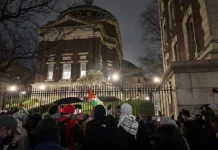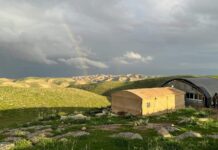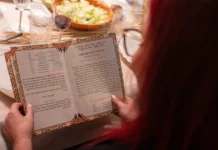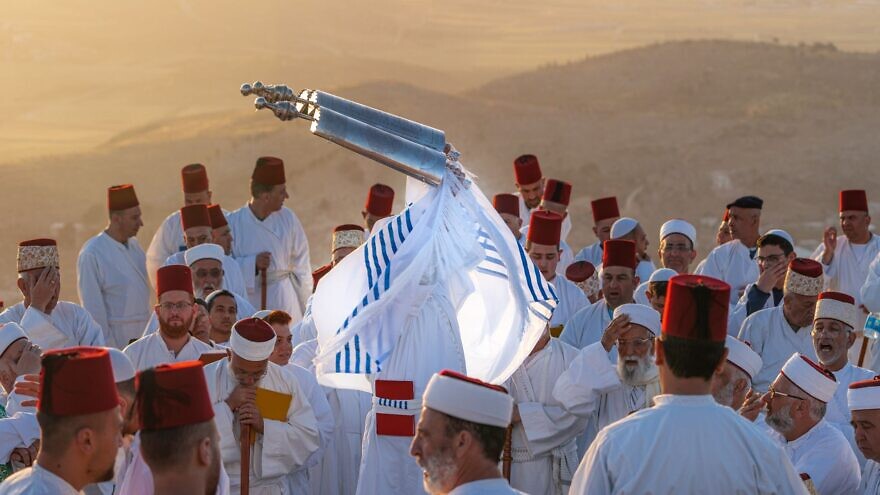The Museum of the Bible in Washington, D.C., is opening a new exhibition with unprecedented access to the life, culture and history of the Samaritans, a 2,000-year-old community.
Beginning on Sept. 16 and running through Jan. 1, it was created in partnership with the Yeshiva University Center for Israel Studies under the direction of Steven Fine, the Dean Pinkhos Churgin Chair in Jewish History. A panel discussion and documentary are part of the opening events.
The Samaritans have lived in the Land of Israel, beside their sacred mountain, for millennia. They trace their lineage back to the Israelite tribe of Ephraim. They are mentioned in biblical and rabbinic texts, though few seem to know that these ancient people still exist as a micro-community today in the modern world.
“Our exhibition is an extraordinary opportunity to encounter the Samaritans as real people, from earliest biblical history to the present,” said Fine. “Fascinating artifacts and exquisite media create a truly memorable experience of the Samaritans and their relations with Jews, Christians and Muslims over millennia.”
The exhibition will spotlight the varied life and home experiences of the Samaritans—from Passover sacrifices to weddings. The rich religious life of the community is further illustrated with tales from the Samaritan elders and a special sukkah.

Artifacts include paintings, manuscripts, priceless books, photography, ritual objects and significant archaeological discoveries from Greece, Italy and Israel.
“The Samaritans are a unique people whose story also reflects universal questions about identity, belonging and tradition,” said Jesse Abelman, curator of Hebraica and Judaica at the Museum of the Bible. “We couldn’t be more excited to share their story with the world.”
The exhibition also features a large stone inscription loaned by the Israeli Presidential residence and the Israel Antiquities Authority. Originally from the medieval Samaritan synagogue in Kefar Kalil, the Samaritan Hebrew inscription was published by Itzhak Ben-Zvi, the second president of Israel and a scholar of the history of the Samaritans.
On Sep. 15, the museum will host “The Samaritans: Ancient and Modern” preview event from 6:30 p.m. to 8 p.m. This virtual and in-person program will explore the history of the Samaritans through a panel discussion and first look at the exhibition.
On Sept. 16 and Sept. 18, the museum will screen the documentary “The Samaritans: A Biblical People,” which reveals Samaritan life through conversations with members of the community.


























